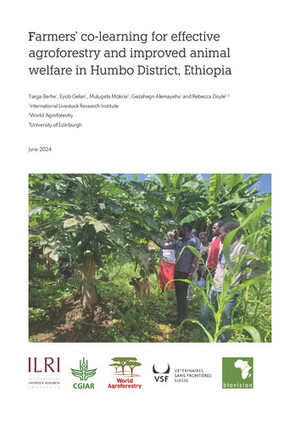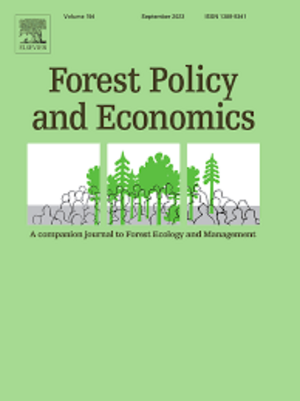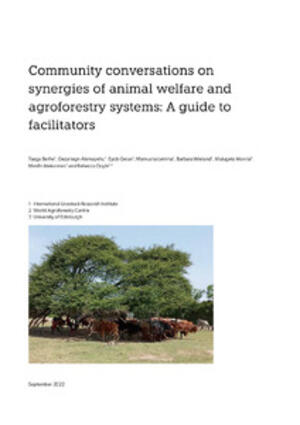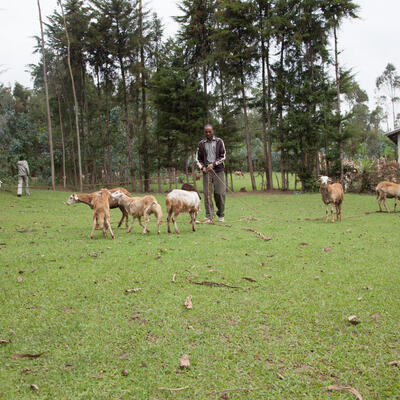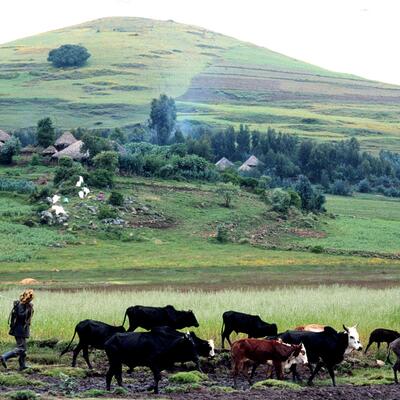
Silvopastoralism and welfare of animals in Borana
The project aims to improve the livelihood resilience of people in the Borana zone in Ethiopia by strengthening silvopastoralism in a way to sustainably improve animal welfare and livestock health and production.
Silvopastoralism is a form of agroforestry that involves integrating trees, forage and the grazing of domesticated animals in a mutually beneficial way. This project will develop site-specific action plans to strengthen silvopastoralism and its value chain integrating management of dry forests, rangelands and animal production.
Objectives
To work with communities, researchers and decision-makers to
- understand challenges, trade-offs and synergies of dry forests and linkages to animal welfare, livestock health and production, and livelihood diversification opportunities;
- co-develop and plan actions to improve the use of dry forests, rangelands, animal welfare and production and development of new tree-linked value chains; and
- enhance the capacity of partners to sustainably integrate the management of dry forests in natural resource management plans, to improve animal welfare and productivity, and to support new non-timber forest products value chains.









